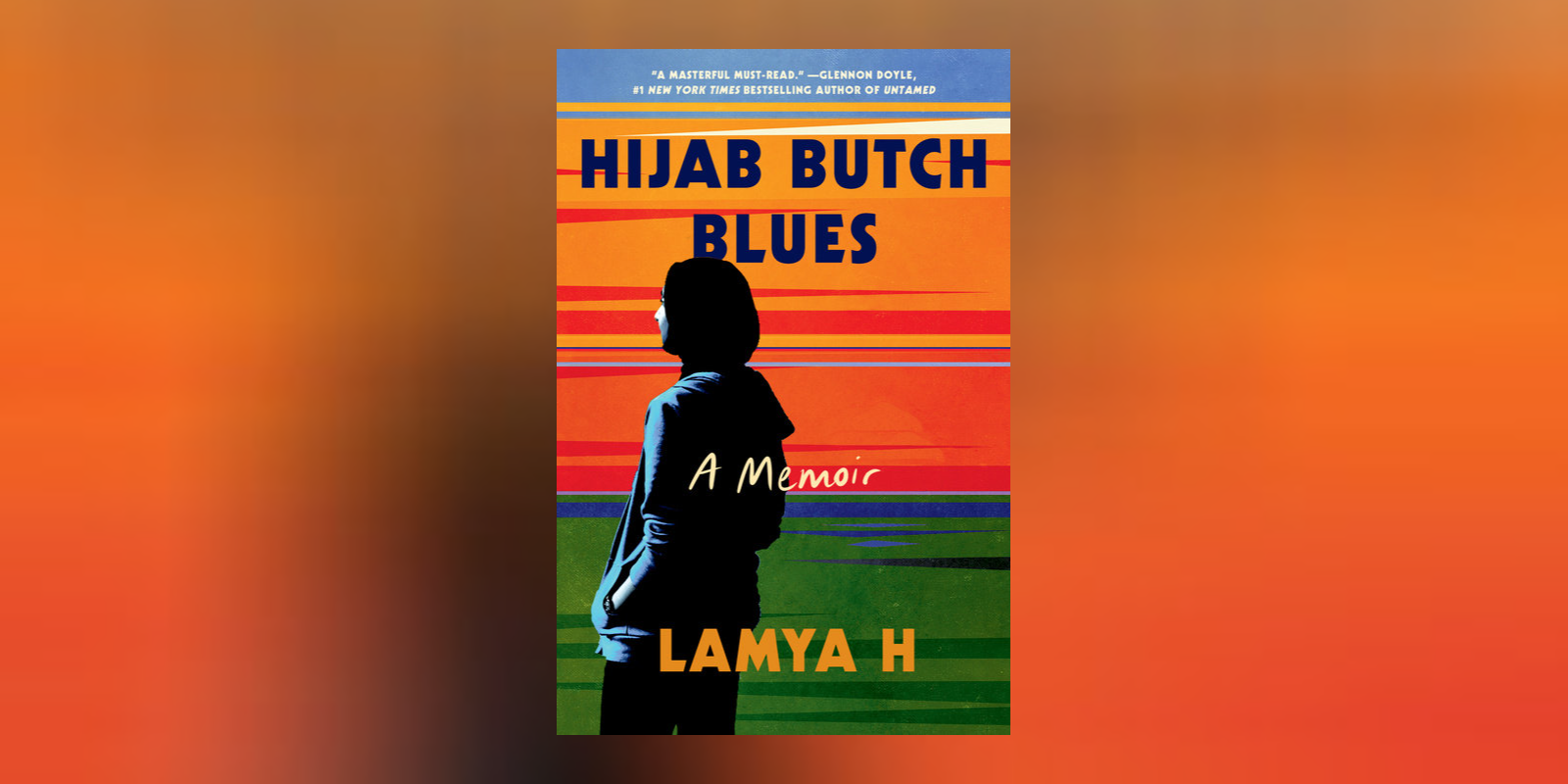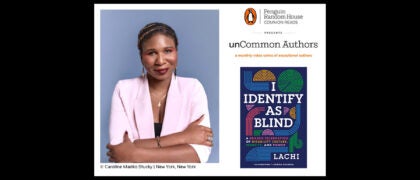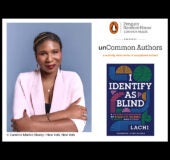Contributed by Lamya H, author of Hijab Butch Blues: A Memoir. Using some of the most famous stories in the Quran to make sense of her struggles and triumphs as a queer, devout Muslim immigrant, Lamya H tells her story, from childhood in the Middle East to her arrival in the United States for college through early-adult life in New York City. This universal story of courage, trust, and love, celebrates what it means to be a seeker and an architect of one’s own life.
I was embarrassingly old—a senior in high school—when I first read a book that featured protagonists of color. I have always been an avid reader, so this oversight wasn’t from lack of trying. But when I picked up Zadie Smith’s White Teeth on a whim at a bookstore, I remember being floored that the characters in the book were brown and flawed and heroic and beautiful in their complexities—that books like this could exist.
I was hungry to read more stories that didn’t center straight, cis white people, and when I got to college, I found myself facing an abundance: of classes with curated reading lists, people proudly embodying identities that I didn’t know existed, libraries stocked with every book I could imagine. I drank it all in. I learned that there were words for what I was feeling. Amorphous concepts that I knew in my bones but didn’t have words for suddenly had names: systemic racism, queer desire, gender dysphoria. I learned that there were others who shared my experiences, who had carved out lives for themselves that honored their identities and their anger at injustice.
Reading also taught me to empathize with people whose stories were unlike my own, to ask questions about characters and delve into their internal narrations, their thoughts and their decisions. In Hijab Butch Blues, a memoir in which I reconceive stories from the Quran as queer, brown, immigrant narratives in order to better understand my own queer, brown, immigrant life, I apply the skills I learned from reading the stories of the prophets to the Quran and the traditional ways in which it’s been interpreted. I ask difficult questions of myself, of Islam, and of my readers because I believe it is important to always question what we’ve been taught, to find out what we believe in and stand for.
Hijab Butch Blues is a book for anyone who’s ever sought to build a life for themselves without a model, without a map, for people who may not be queer or Muslim or gender nonconforming or immigrants but are seeking to understand these experiences and their own. At its core, my story is about the ways we explore who we are, trying to find our way in a world that may not always value our experience. Hijab Butch Blues is, simply put, for anyone who seeks to be thoughtful about how they live.





